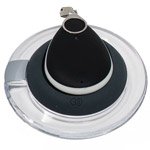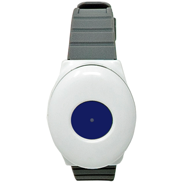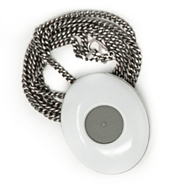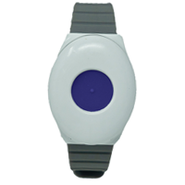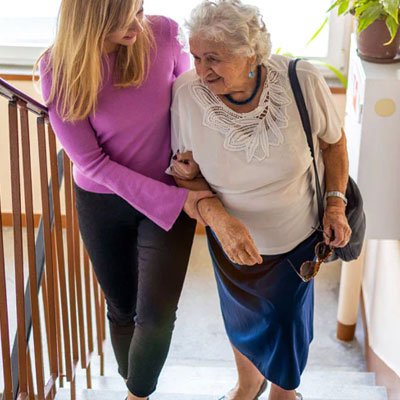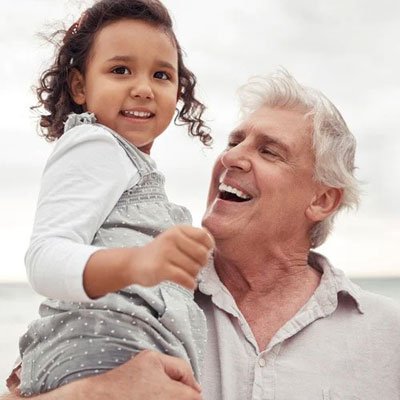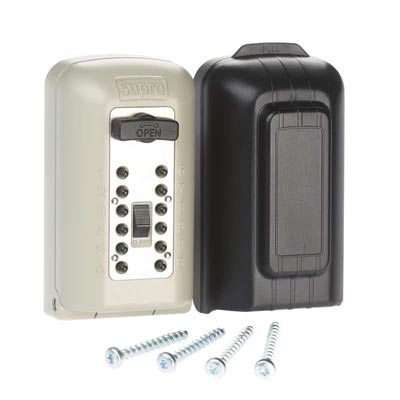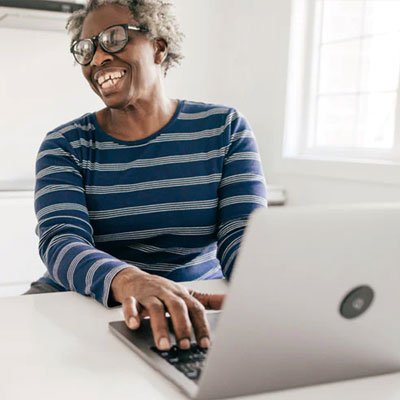Mental health and wellbeing
Maintaining mental health is just as important as physical health. Explore our advice and tips on socialising, staying active, and seeking help when needed to improve wellbeing in old age.
Get Your Falls Risk Score
Every 10 seconds, a loved one in the UK has a fall. Find out your risk score in 2 minutes.
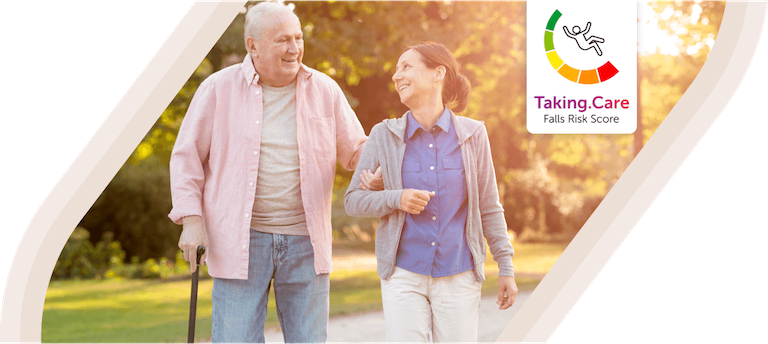
Healthy lifestyle
Get advice for healthy living in later life - stay active, prioritise mental health and maintain a balanced diet.
Medical conditions
Get expert advice and tips on staying healthy as you age. Our articles cover common medical conditions and offer insights on prevention and management.
Dementia
Over 850,000 people in the UK are currently diagnosed with dementia. Our guides and articles provide you with information to recognise the signs of dementia and support your loved ones who may be living with the condition.
How we can help
The features available with panic buttons for the elderly can vary, so it's important to find the right kind of personal alarm service for your needs, whether it's for yourself or a loved one.
Personal alarms for the home and out-and-about
Have the freedom to maintain an active lifestyle, with reassurance help is available wherever you are.
An Out-and-About Personal Alarm will also work in your home so you can get help from Taking Care's Emergency Resolution Team any time of the day or night.
Not sure which personal alarm to choose?
Call 0800 085 7371, Monday – Friday, 8am - 6pm and Saturday, 9am – 5pm, to speak with a Taking Care Sales Advisor.
Elderly care experts answer biggest questions about mental health
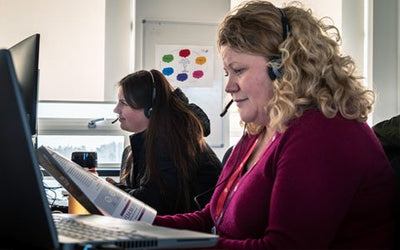
What factors are most important for wellbeing in older age?
What are common mental health issues in elderly?
What are the signs of poor mental health in elderly?
How can people cope with social isolation in later life?

My personal alarm provides me with reassurance - I'm 93 and don't have any family so my alarm gives me the confidence to carry on doing the things I enjoy.
How a Taking Care personal alarm helps Betty to remain active at the age of 93.

My personal alarm provides security and safety, allowing me to go anywhere and visit anyone. I know that, even if I felt poorly in the middle of the night, help will be available at the touch of a button.
How a Taking Care personal alarm helped Denise remain independent after a health scare.


